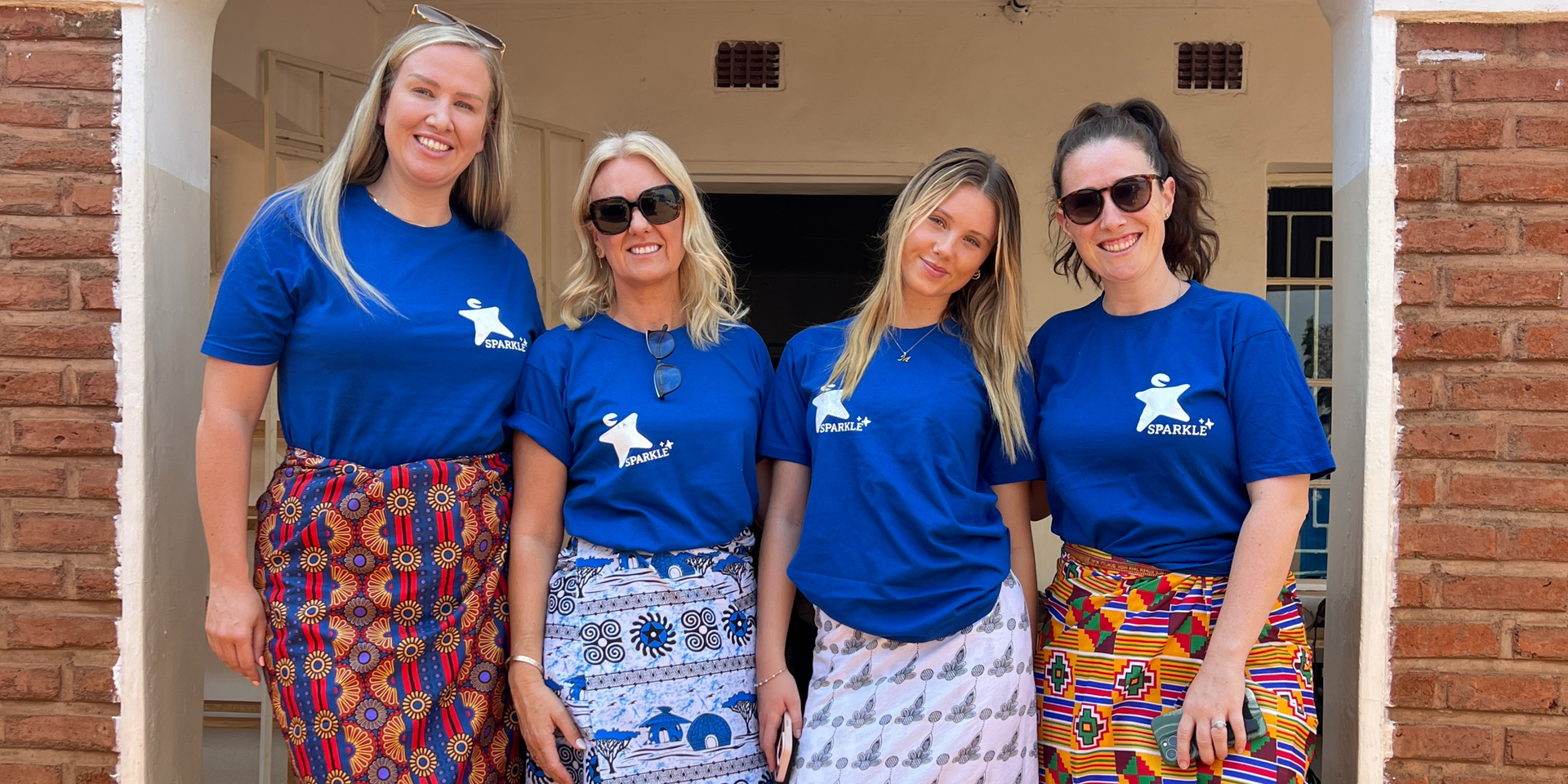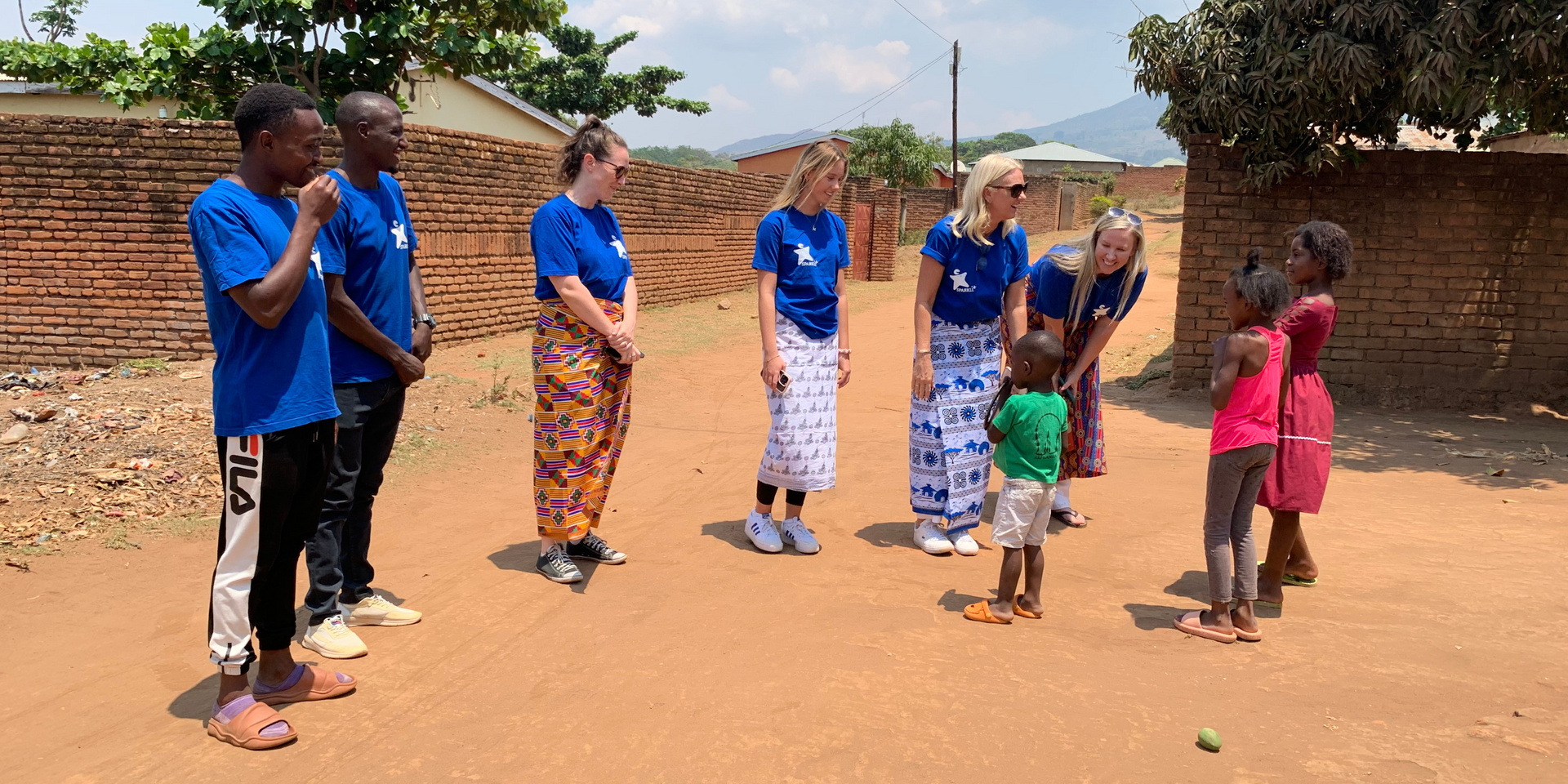Discovering Malawi: A Journey of Heart and Hope with The Sparkle Foundation
Building Bonds and Inspiring Hope: My Unforgettable Week with The Sparkle Foundation
My week in Malawi with The Sparkle Foundation was nothing short of transformative. From the moment I arrived, I was enveloped in a sense of purpose and connection that I had never experienced before. We settled into my new home for the week, the Shack, late that first night, exhausted but excited for the adventure ahead.
The next day dawned bright and inviting. With schools closed for the weekend, we explored the community, meeting the warm-hearted locals and witnessing their vibrant way of life. Their resilience and joy in the face of adversity were inspiring. Later, we visited a farm project initiated by The Sparkle Foundation. It was interesting to see firsthand how these initiatives aim to feed children and uplift lives, a testament to the power of hope and community.
The heart of my trip was undoubtedly my time spent in the Sparkle School, particularly with the youngest class, the Rhinos. From the first moment I stepped into their classroom, I felt an instant bond. These children, with their infectious smiles and laughter, taught me that happiness often resides in the simplest of moments. I may not be a teacher by profession but collaborating with the teachers to make learning engaging and fun was deeply rewarding. Seeing the children thrive and enjoy their lessons was a joy that filled my heart.
Every morning, I would rush outside, greeted by the eager faces of my little friends. Playing games and dancing together became a cherished ritual. Handing out their breakfast and hearing the children express their greatfulness was a humbling experience. Their appreciation for the small things reminded me of the beauty of gratitude, something often overlooked in our busy lives.
As the week unfolded, I found it difficult to pinpoint a single favourite moment; each experience was a gift. The safari we took was exhilarating. I witnessed wild animals in their natural habitat for the first time, a reminder of the beauty and wonder of our world. Driving through Malawi, I marvelled at the happiness of the people, their hard work to make a living was shining through their daily lives it was truly motivating.
One connection stood out—a little girl who quickly became my best friend. The bond we formed was profound, and her laughter will forever resonate in my heart. Each smile and giggle from the children filled my days with purpose, and the realization that I could make a difference in their lives was a blessing I will always cherish.
As I reflect on this journey, I realise it was more than just a volunteer experience; it was a call to action. I have decided to sponsor a child through The Sparkle Foundation, recognising that even a small contribution can have a significant impact. I feel compelled to do my part in supporting these beautiful souls who deserve so much more than they have.
Thank you, The Sparkle Foundation, for the opportunity to be part of something so meaningful. I carry the memories of my time in Malawi close to my heart, and I eagerly look forward to returning. This experience has ignited a passion in me to continue making a change and to help uplift the lives of those who inspire me daily. My journey is far from over; it is just the beginning.









